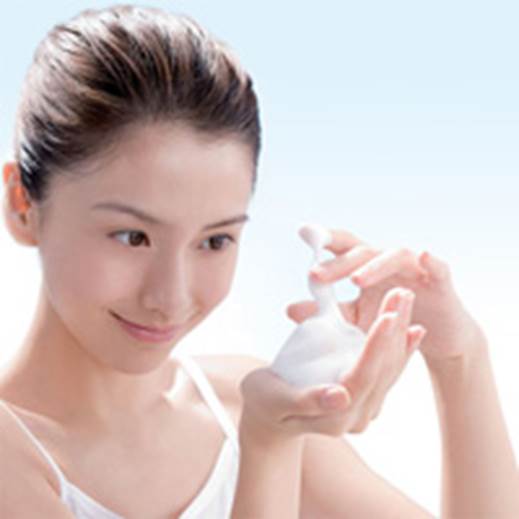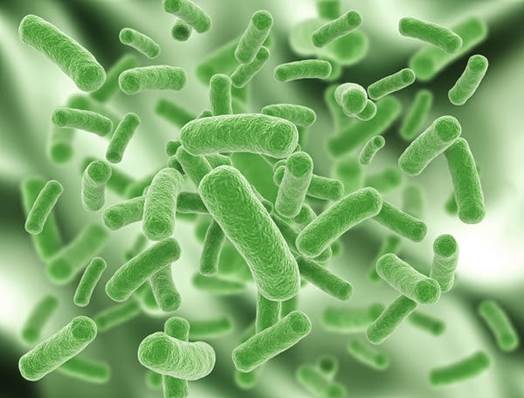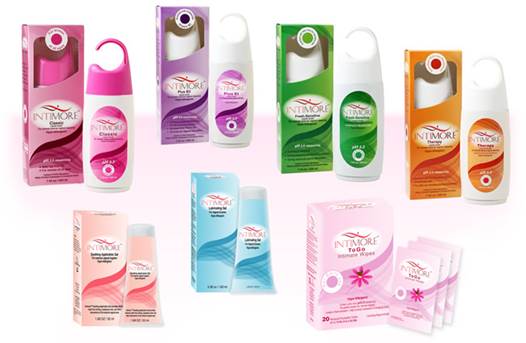The gynecologist advised not cleaning the
vulva and vagina too much because it increases the risk of infection.
The most extensive research of genital
hygiene taken part in the U.S. has the participation of 1,200 women with normal
sexual health. The results show that vaginal infection caused by anaerobic
bacteria increases 40% in people cleaning the vagina once a month. If cleaning
every week, risk also increases, up to 80%.

The
gynecologist advised not cleaning the vulva and vagina too much because it
increases the risk of infection.
Of course, no gynecologists forbid you
clean your vagina because it also has a good side to reduce the risk of
sexually transmitted disease. They just remind you should not be too meticulous
in this case and need to do proper hygiene.
Respect natural environment
The vagina is the habitat of many kinds of
benign bacteria, especially lactobacillus bacteria, balance vaginal
environment. The bacteria live together peacefully, day and night guard, and prevent
the dangerous bacteria. When cleaning too meticulous, the balance of the
environment is disrupted, creating conditions for strange microbes or fungi
(such as candida) to develop, cause vaginal and urinary tract infection. Also,
clean vagina improperly will destroy lactobacillus bacteria.

The
vagina is the habitat of many kinds of benign bacteria, especially
lactobacillus bacteria, balance vaginal environment.
Most of the respondents in the research
agree that cleaning vagina and vulva, especially the vagina, has become an
entrenched habit. For some people, this is like brushing daily. So, according
to researchers, you should teach little girls that brushing several times a day
is fine but regular cleaning the vagina is not only unbeneficial but also
dangerous. Teen girls should understand that, after unsafe sex with partner, washing
vagina and vulva cannot prevent conception and sexually transmitted disease.
Thoroughly cleaning the vagina will cause
burning and create conditions for the dangerous fungus to penetrate. Generally,
if you have any strange symptoms like irritation, you have to see the doctor
for less trouble later on.
Proper hygiene
Wash your body twice a day is recommended.
But by the way, washing your vagina is not recommended because, as mentioned,
it makes beneficial bacteria imbalance and increases risk of infection. Cleaning
the genital area should be limited only in the vulva, including the labia
minora and labia, clitoris and mucous membranes. However, do not wash the vulva
over two times a day as this may damage protective film.
You should frequently change underwear
every day and do not wear panties made of synthetic fabric because it is not
airy. Do not wear jeans or tight pants too tight for a long time. Change
tampons about 4 hours or at least three times per day during the period. When
bowel, should be cleaning from front to back to prevent bacteria in the feces
enter the vulva and vagina. After cleaning, dry the genital area, and avoid
letting this area wet areas.
The feminine hygiene on market is very
diverse. Do not choose the antibacterial products which can cause infection.
You should check the pH (acidity-alkalinity) match. Do not use products
containing caustic, coloring or perfume. You should also avoid using deodorant
to mask body odor as it may cause burning and damage to vulva and vagina.

The
feminine hygiene on market is very diverse. Do not choose the antibacterial
products which can cause infection. You should check the pH
(acidity-alkalinity) match.
Finally, do not solve annoying problems
after cleaning genital area yourself. See the doctor for treatment, and avoid
mistakes making the problem more severe.